At IE School of Politics, Economics and Global Affairs, we’re proud of a faculty that features groundbreaking scholars. Their work explores the varied challenges to democracy in the 21st century, with a drive to tackle important global issues while educating tomorrow’s leaders. Every program and discipline features faculty who strive to make lasting change in their fields of expertise. As such, their publications and research initiatives are lauded around the world.
Our institution stands firm in its values and the importance of education.

Let’s meet some of the professors at IE School of Politics, Economics and Global Affairs behind their field’s most important research initiatives.
Tackling the challenges of democracy through research initiatives
Key research themes for our faculty include inequality, misinformation, populism and polarization. Their research explores these themes’ contribution to the recent pandemic and European economic crises, all of which are key to our understanding of international relations.
Michael Becher, Political Economy at IE School of Politics, Economics and Global Affairs
Prior to joining IE University as an assistant professor, Michael taught at the Institute for Advanced Study in Toulouse and the University of Konstanz. His main fields of research are comparative politics and political economy, with an emphasis on the functioning of democracy, accountability and representation, political institutions and inequality. In his most recent published work, he studied the extent of political inequality in legislatures and how to increase political equality in the scope of economic inequality. He has also worked on articles and papers related to the recent pandemic. These touch on ideology and compliance of health rules, vaccinations, tax preferences and how people blame governments. Read more about this research in his faculty story here.
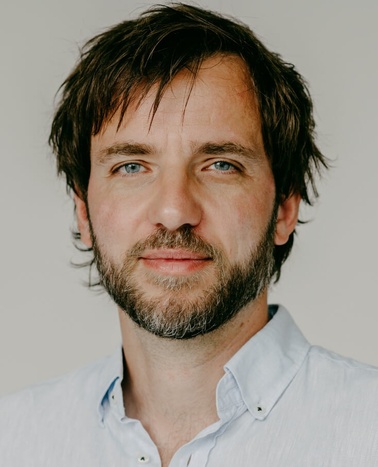
D.J. Flynn, Political Science at IE School of Politics, Economics and Global Affairs
Before joining our faculty, D.J. was in the US completing his Ph.D. at Northwestern University. He later worked as a researcher at Dartmouth College after studying abroad in Valencia. He’s been working as an assistant professor in IE University since 2018. His research and teaching focus on public opinion, political communication and quantitative methods. Fascinated by why people hold the opinions and beliefs they do, he mainly studies the causes and consequences of misinformation and misperception about politics and public health. He is published in the British Journal of Political Science, where he compares the factual beliefs of government officials to the public opinion, highlighting the potential for polarization. He also researched the effects of vaccine messaging regarding COVID-19.
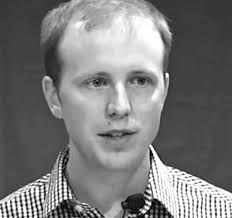
Nikitas Konstantinidis, International Political Economy at IE School of Politics, Economics and Global Affairs
Nikitas is an associate professor who mainly researches comparative and international political economy, applied formal theory, international organizations and European Union politics. Additionally, he is active in Greek politics and serves as a member of the political movement Forward Greece. His recent work focuses on the political and economic challenges the European Union faces. He’s examined how voters vote when their governments face constraints on policy. He has also explored whether people will fight to keep the Euro as a currency if their country is facing a crisis.
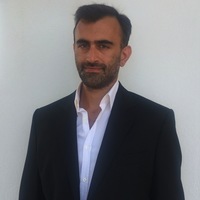
Irene Menéndez González, International Political Economy at IE School of Politics, Economics and Global Affairs
Irene joined the IE University faculty as an assistant professor in January of 2020. Prior to that, she taught at the University of Zurich, the Institute for Advanced Studies in Toulouse and the University of Mannheim. Her main research initiatives span international and comparative political economy, the political consequences of globalization, the effects of electoral institutions on political representation, as well as the political economy of labor markets and redistribution. Irene published a study in Comparative Political Studies on the polarization of policy preferences in Latin America’s labor market. She also published a paper in the British Journal of Political Science on the correlations between electoral reform and the rise of right-wing populist parties before Brexit.
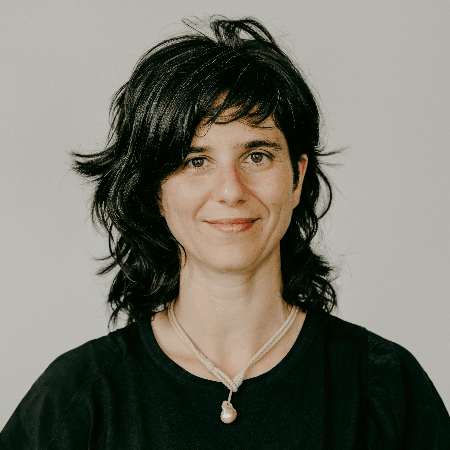
Nina Wiesehomeier, Political Science at IE School of Politics, Economics and Global Affairs
Before joining IE University as assistant professor of comparative politics, Nina held a position as a Senior Lecturer at Swansea University (UK), was a research fellow at the Social Science Institute in Lisbon (Portugal) and a visiting fellow at the Kellogg Institute at the University of Notre Dame (USA). Her research focuses on questions of political representation, political preferences, and political behavior. Nina has published research on women representation and populism, among others. With PREPPS, the Political Representation, Executives, and Political Parties Survey, Nina collects information on political parties and executives using expert surveys. This is an on ongoing effort of providing the academic community with comparative data on policy positions across several continents. Recently, Nina won a research grant from the “La Caixa” Foundation to study the impact that populism had on representation in Spain.

Zuheir Desai, Political Economy at IE School of Politics, Economics and Global Affairs
Zuheir joined the IE University faculty as an assistant professor in 2021. Prior to that, he was a postdoctoral research associate at Princeton University. He got his PhD from the University of Rochester in 2020. His main research interests lie in studying strategic aspects of electoral competition and political accountability. This comes from a theoretical standpoint as well as empirical applications to developing democracies such as Brazil and India. His work on descriptive representation and how appearing less educated has helped right-wing candidates in Brazil was featured in the American Journal of Political Science. Indian media also featured Zuheir for his research on Indian electronic voting machines and why they are important.
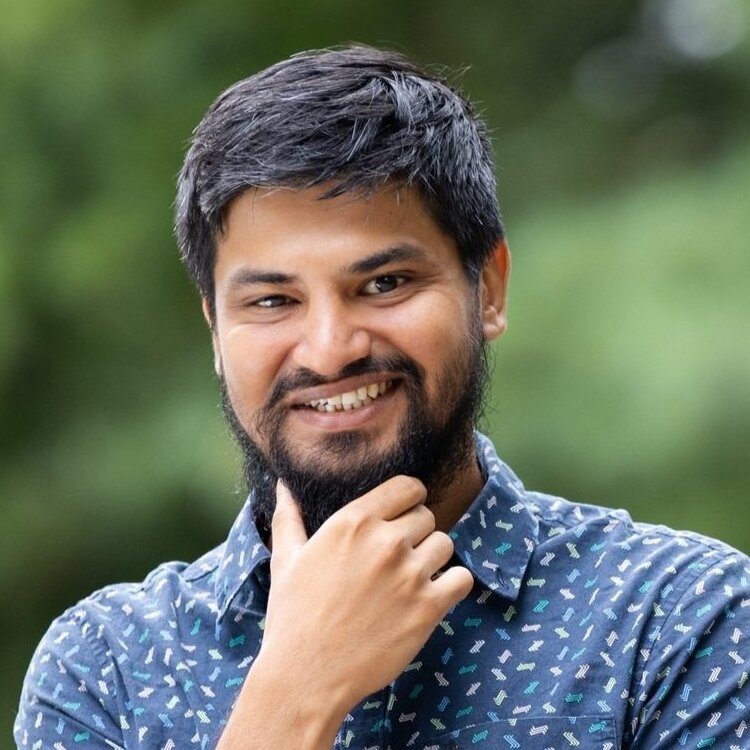
Carlos Lastra, Political Economy at IE School of Politics, Economics and Global Affairs
Carlos is an assistant professor of Political Economy. He is also the director of research for the Center for the Governance of Change. Carlos completed his PhD in Government and Social Policy at Harvard University and was a postdoctoral fellow at The Europe Center at the Freeman Spogli Institute. His main research initiatives lie in the intersection of policy and political economy, with a particular focus on education policy. His work is featured in the Journal of Comparative Economics, among other scholarly journals. Carlos has analyzed how universities can become major driving forces in developing their local environment. He also explores how education must be retooled order for students to be fully prepared when starting the workforce.
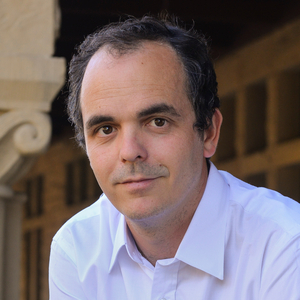
The study of conflict
The IE University faculty is well-rounded and their initiatives are far-reaching. Faculty members have made important research on challenges in democracy and conflicts including civil wars, terrorism and interstate wars.
Xiaoyan (Christy) Qiu, International Relations at IE School of Politics, Economics and Global Affairs
Xiaoyan is an assistant professor who focuses on formal political theory and conflict. Currently, her research delves into rebel strategies, state support for insurgent groups and state and border formation. Her work using game theory on rebels and civil wars earned her recognition in the American Journal of Political Science. This piece focused on rebel strategies and how peace can be on the horizon. Xioyan’s work features twice in this publication, which is one of the leading journal’s of its discipline.
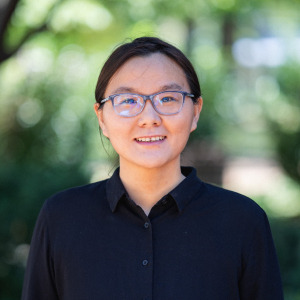
Andrew Bertoli, International Security at IE School of Politics, Economics and Global Affairs
Andrew’s path is truly international. Before joining the IE University staff, he taught international relations and research methods at the University of California, Berkeley. His research focuses on how sports can affect politics, political leadership and social issues. Andrew has authored various articles; his piece on international sports, nationalism and conflict appeared in International Studies Quarterly. International media consequently covered this article. In recent years, Andrew has continued work on an academic piece about the role of sports in other international conflicts.
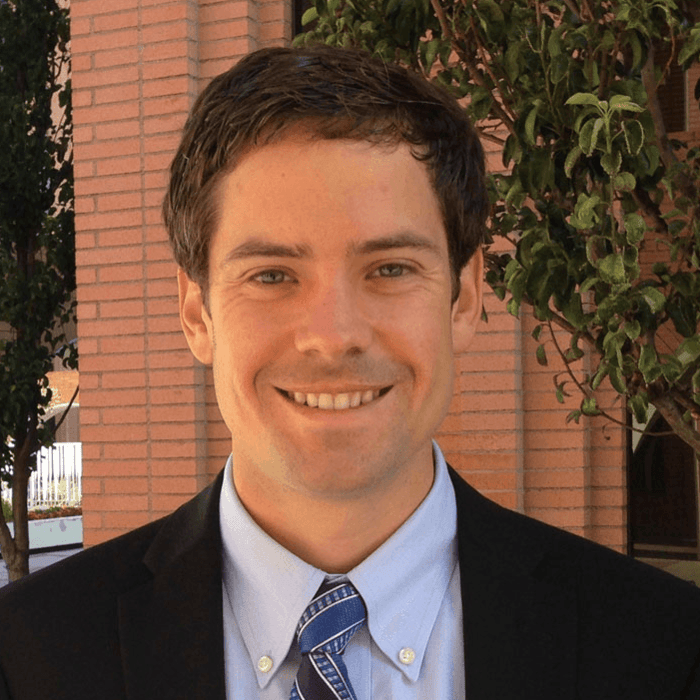
Henry Pascoe, International Security at IE School of Politics, Economics and Global Affairs
Henry received his Ph.D. in Government and his Master of Science in Statistics from the University of Texas at Austin. His research is published in a variety of media and venues. He focuses on international cooperation for counterterrorism, economic sanctions, foreign aid and political violence. Henry’s current reseach is based on terrorism and interstate war. His most recent publication was an article on the local geography of transnational terrorism. He also participates in ongoing work on issues of inequality and military conscription with Nikitas Konstantinidis.
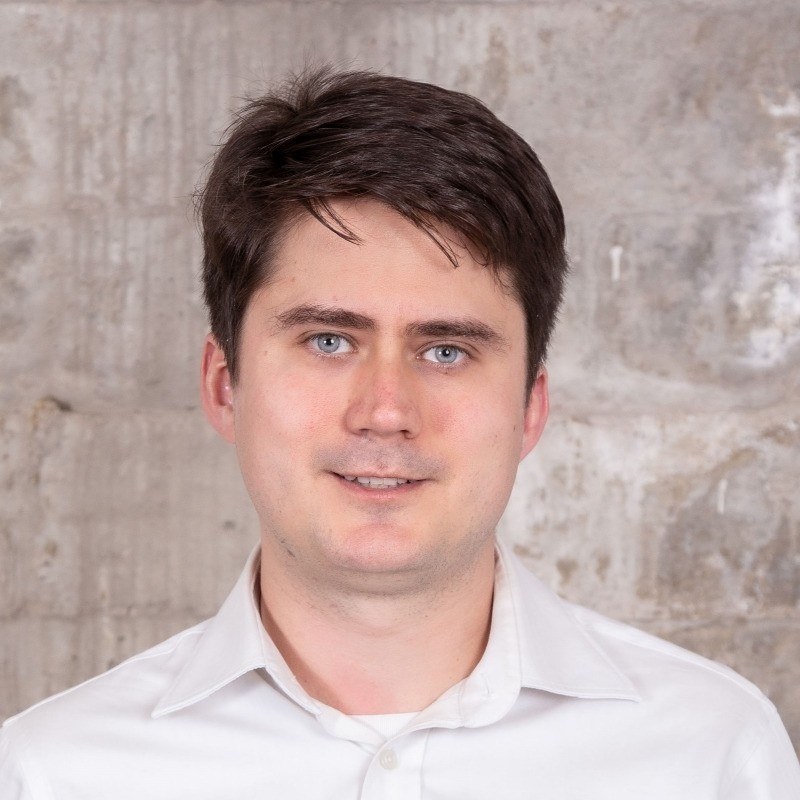
Find out more about our top faculty research initiatives at IE School of Politics, Economics & Global Affairs
Do you want to drive change across the planet? Discover our master’s programs at IE School of Politics, Economics & Global Affairs and see how we’re transforming education. Simply follow the link below and you can read more on our most popular courses for studying in Madrid.
Interested in IE School of Politics, Economics and Global Affairs’ talented faculty?
Dive into IE Community research initiatives and learn more about our global faculty.






